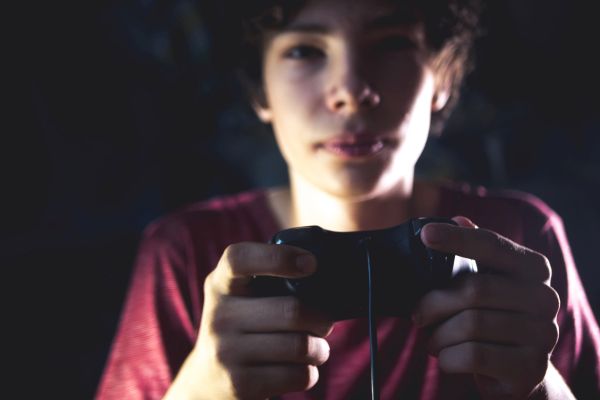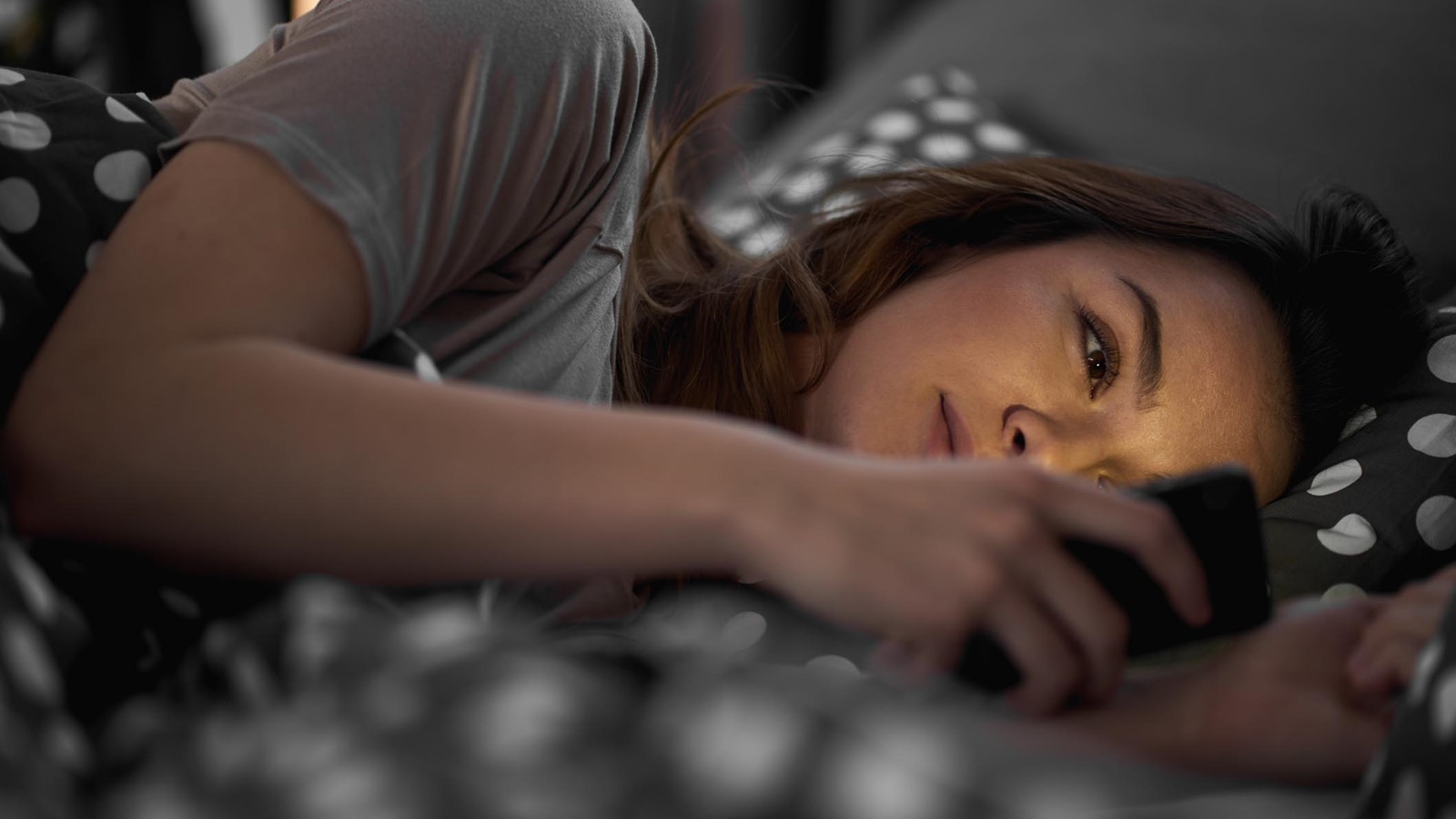Teenage girls are twice as likely to show depressive symptoms linked to social media use than boys, a new study suggests.
The UCL study found that 12% of light social media users aged 14 and 38% of heavy social media users (who use it for five or more hours a day) of the same age showed signs of having more severe depression.
A quarter of girls showed signs of clinically relevant depressive symptoms, compared to 11% of boys, the study found.
The study is the first of its kind to look at associations between social media and depressive symptoms and analysed data from nearly 11,000 young people.
The researchers examined some of the underlying processes that might be linked with social media use and depression.
Online harassment
They said the most important routes from social media use to depressive symptoms were shown to be through poor sleep and online harassment.
They found 40% of girls and 25% of boys had experience of online harassment or cyberbullying.
Social media use was proportionately related to less sleep, taking more time to fall asleep and more disruptions during sleep.
Poor sleep
Depressive symptom scores were higher for girls and boys experiencing poor sleep.
Girls were also more affected by issues such as body image, self-esteem and appearance than boys, although the gap was not as big.
BACP member Chloe Goddard Mcloughlin, a counsellor at Ranmoor Therapy, said she was not surprised by the results of the research.
“Young girls use social media to project this better life, this idealised existence. It’s more about how you want to be than how you are. This results in feelings of unworthiness.
"The relentless pressure that girls feel to look a certain way, is intensified on social media, so whether girls are comparing themselves to unattainable images of perfection, or feel a pressure to present their best sides online - they are essentially engaging in an activity that places a high currency on looks rather than other less visible qualities such as intellectual curiosity or being valued for the qualities you bring to your relationships.
"Social media is essentially an outlet for our narcissistic self, and can compound pre-existing feelings of emptiness and low self worth."
She added: “Another problem is isolation. Social media is not a real social interaction. It lacks human contact.
“You need to have a social group who you see in person, rather than over a computer or phone screen. Otherwise you can feel very isolated.”
To speak to a BACP counsellor who can hep with depression, visit our Therapist directory.

Depression
What is depression? What can you do if you're feeling depressed? BACP member Jackie Rogers explains how counselling can help.

Teens more likely to feel depressed – and get less sleep than 10 years ago, research suggests
The factors behind mental health problems in young people may be changing, say researchers

Bullying taking place when children are alone in their bedrooms
BACP member Sarah Press looks at the problem of in-game bullying.
